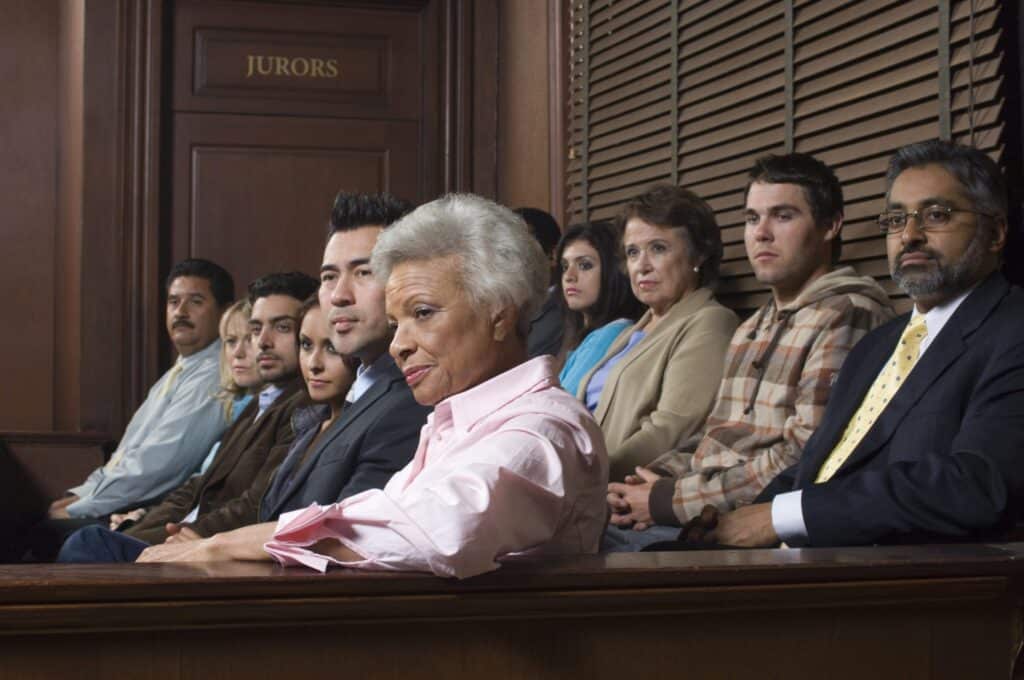One of the things that courtroom dramas and movies don’t capture about a trial is how structured and controlled they are. Everything that happens in a criminal trial is meticulously designed to ensure the truth comes out.
Perhaps the most important aspect of this is how both the evidence and the jury pool are handled. All of the evidence is screened well before the trial by the judge, to make sure it’s relevant to the case, that it is not overly prejudicial to someone involved, and that it doesn’t have some sort of flaw that makes it inadmissible. Meanwhile, the jury is questioned extensively during the process of voir dire to make sure they don’t have a prejudice or a personal interest in the case, and to make sure they will abide by the rules of impartiality.
One of the men charged, Jalen Everett, was put on trial in October 2016, for his role in the murders. He ended up being convicted for second-degree murder.
A day after the trial, though, a juror contacted the judge in the case: One of the other jurors had brought new evidence into the jury’s deliberations that made Everett look bad.
“http://www.democratandchronicle.com/story/news/2016/12/09/alleged-rogue-juror-caused-reversal-genesee-street-conviction/95195070/” target=”_blank”>A case from New York, however, showcases what can happen when these measures are ignored.
Rogue Juror Brings in Inadmissible Evidence
In August 2015, three men opened fire in a crowd in the city of Rochester, New York. Three people were killed in the a
This evidence, however, was not something that hadn’t been discovered before the trial. According to one of Everett’s lawyers, Clark Zimmerman, the evidence was “information that was accurate” but that “had been ruled on pretrial to be inadmissible because it was extremely prejudicial.”
Evidence of this type – which may be relevant to the case, but also paints a defendant in an excessively bad light because of something that has nothing to do with the alleged crime, itself – is kept out of the courtroom so the jurors don’t become distracted.
Juror Might Be Guilty of Perjury
During the voir dire process, potential jurors are asked a laundry list of very specific questions about their knowledge of the case they might hear in court. Intentionally lying to one of these questions can be an act of perjury. The point behind this part of voir dire is to make sure the jurors haven’t already made their decision before hearing the case.
Nevertheless, some people who want a case to reach a particular outcome choose to take that risk. In this case, another juror did the right thing and notified the judge of the problem.
Maine Criminal Defense Attorney William T. Bly
When rogue jurors bring evidence into the jury deliberation that was not covered in trial, it often leads to a mistrial. In this case, Jalen Everett’s conviction is thrown out, but he will be put on trial, again.
Jury problems like these are just one reason why our criminal justice system has such rigid rules of evidence and such a structured jury selection process. Criminal defense attorneys like William T. Bly know all of the intricacies of these rules, allowing them to see when they’re being broken by a rogue juror and protect your rights. Contact the law office of William T. Bly online or at (207) 571-8146.


